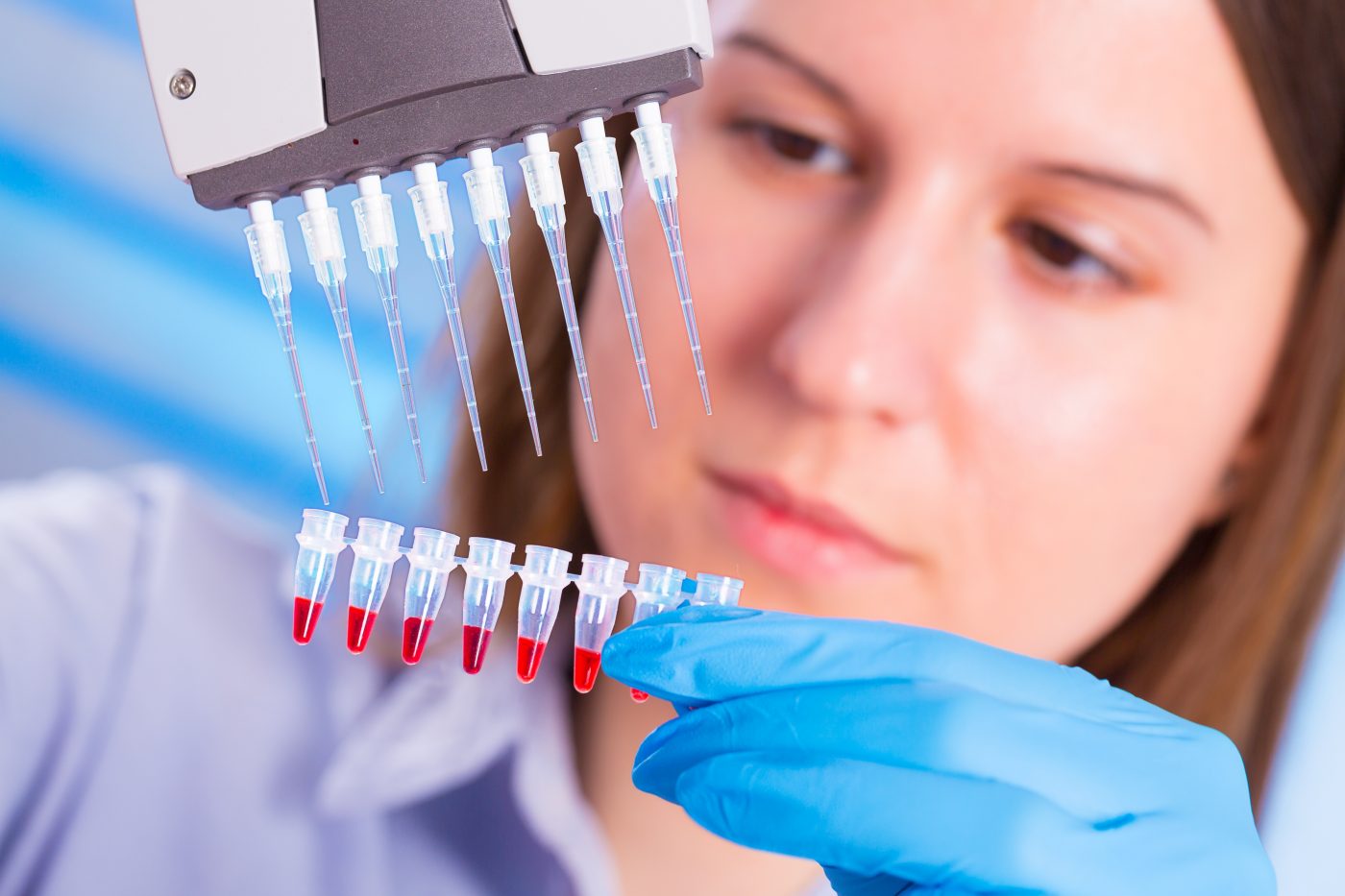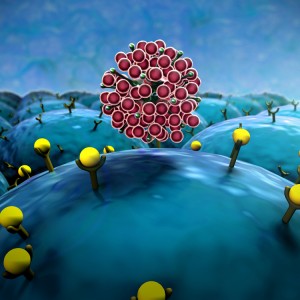Padlock Announces Collaborations For Research on PAD Enzymes in Autoimmune Conditions Such as SLE
Written by |

 Padlock Therapeutics, a firm focused on the development of new treatment alternatives for autoimmune conditions, recently announced a collaboration with three different research institutes specialists in protein-argenine deiminase (PAD) enzymes and their effect on disease pathogenesis, including Systemic Lupus Erythematosus (SLE). Padlock will work directly with the University of Massachusetts Medical School, the National Institutes of Health (NIH), and The Scripps Research Institute (TSRI). The purpose of these collaborations is to study the role of individual PAD enzymes in specific animal disease models. Under the agreement, the collaborations will also assess the activity of PAD inhibitors in enzymatic tests, human cellular system and animal models.
Padlock Therapeutics, a firm focused on the development of new treatment alternatives for autoimmune conditions, recently announced a collaboration with three different research institutes specialists in protein-argenine deiminase (PAD) enzymes and their effect on disease pathogenesis, including Systemic Lupus Erythematosus (SLE). Padlock will work directly with the University of Massachusetts Medical School, the National Institutes of Health (NIH), and The Scripps Research Institute (TSRI). The purpose of these collaborations is to study the role of individual PAD enzymes in specific animal disease models. Under the agreement, the collaborations will also assess the activity of PAD inhibitors in enzymatic tests, human cellular system and animal models.
The company is creating a new pathway for the development of first-in-class treatments for autoimmune conditions, based in the inhibition of PAD enzymes and their role as precursors and perpetuating factors of autoimmune conditions.
These partnerships will support Padlock to develop their portfolio and sustain its important accomplishments in the field of chemistry. The funding sources for these studies are currently unknown.
- Padlock will work with NIH on an investigation intending to explore the role and effect of PAD inhibitors in the formation of neutrophil extracellular trap (NET) and systemic lupus erythematosus animal models. Mariana Kaplan, M.D, will lead this research.
- The company will also collaborate with TSRI to investigate the role and effect of PAD inhibitors in a mouse model of rheumatoid arthritis. Kerri Mowen, Ph.D, will lead this research.
- The collaboration with UMass Medical School will involve the study of the mechanisms underlying the action of PAD inhibitors. Aaron Muth, Ph.D., Padlock’s lab lead researcher, will lead the studies with Paul Thompson, Ph.D, UMass Medical School professor of biochemistry & molecular pharmacology.
“Padlock prides itself on being deeply connected with a broad network of scientists conducting cutting-edge research on the role of PAD enzymes in the biology of autoimmune diseases such as rheumatoid arthritis, systemic lupus erythematosus, and multiple sclerosis,” said Michael Gilman, Ph.D., Founder and Chief Executive Officer at Padlock in a news release. “These collaborators will help us expand our biology effort and advance our understanding of how best to target the PAD enzymes and maximize the potential our inhibitors may have for patients.”




